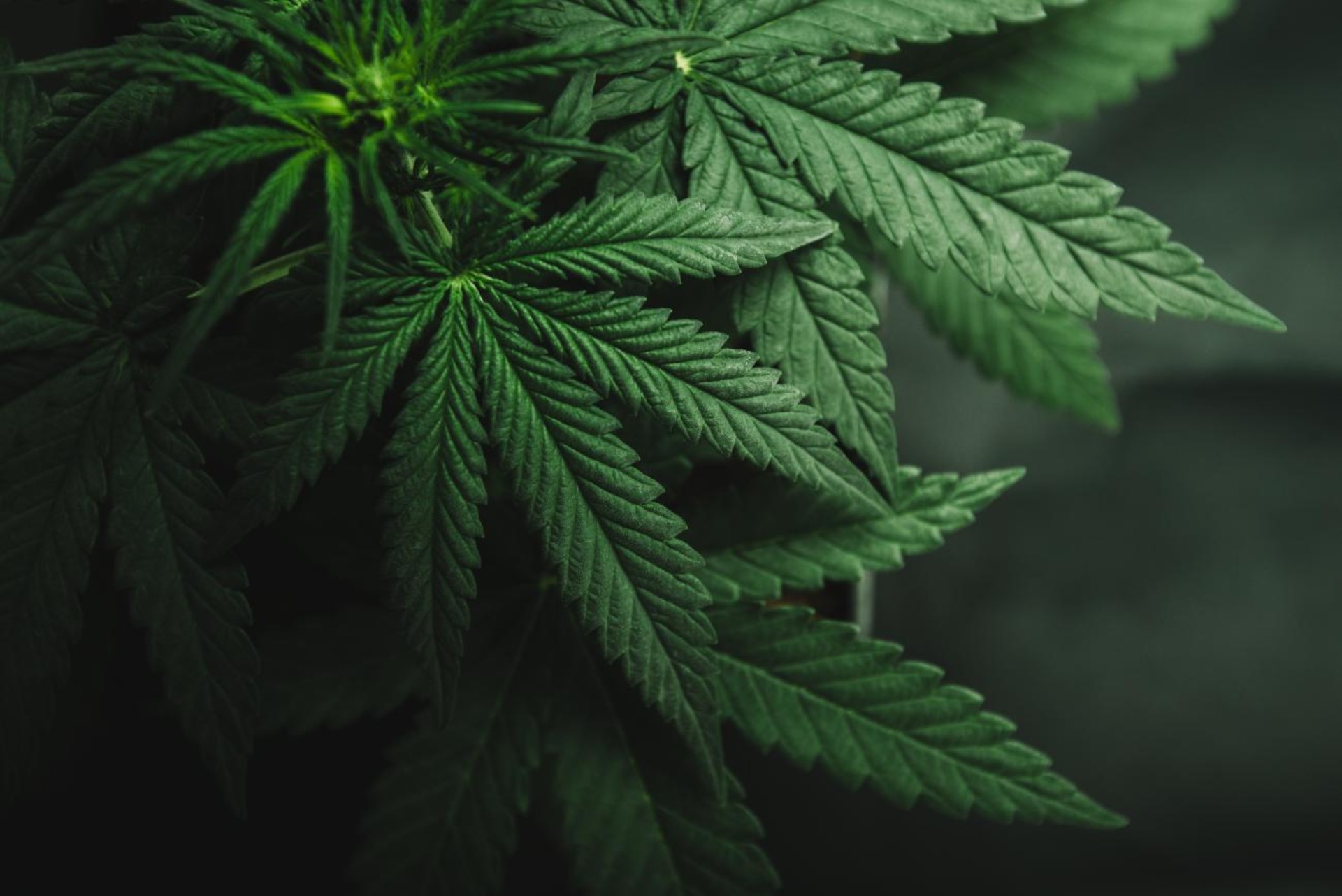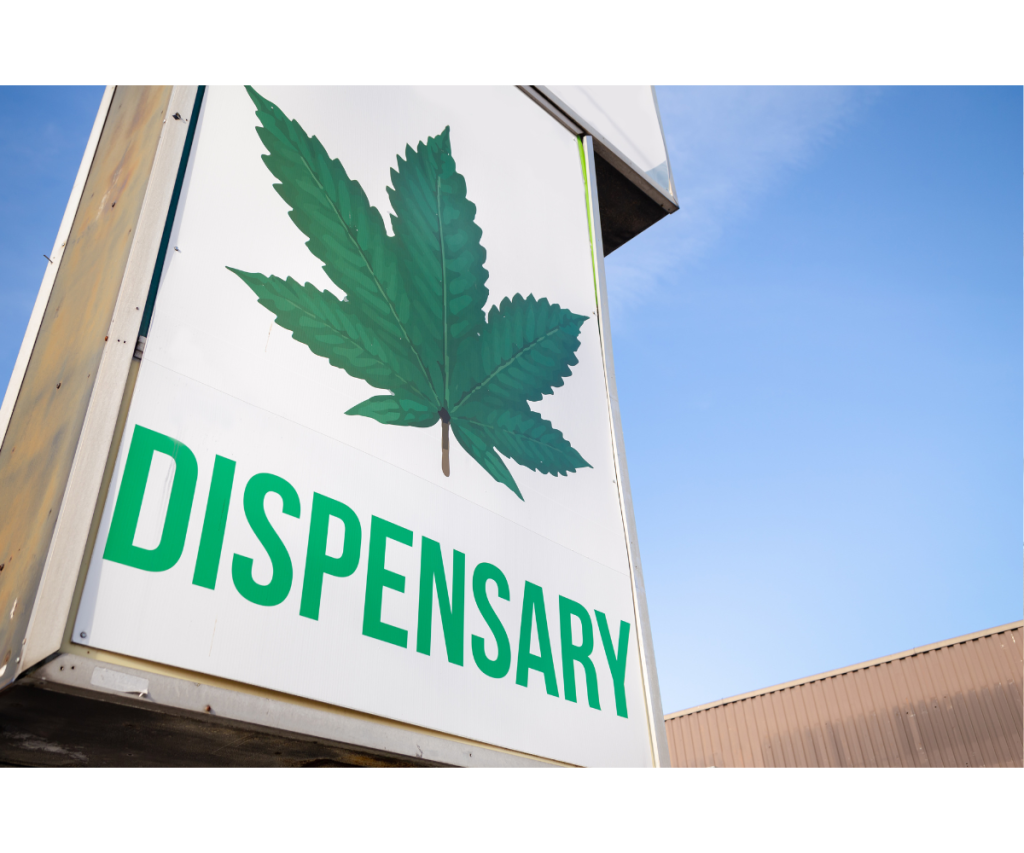
10 Jul How to Obtain a Cannabis Dispensary License: A Comprehensive Guide
As the cannabis industry expands, you might be eager to enter the market by opening a dispensary. However, obtaining a cannabis dispensary license is complex and requires careful planning. This guide will walk you through the essential steps for securing your license and launching a successful cannabis business.
Understanding the Cannabis Licensing Landscape
Before diving into the application process, it’s crucial to understand the current state of cannabis licensing in your area. Regulations vary significantly from state to state and even between municipalities within the same state.
Key Factors to Consider
State-specific regulations often dictate the entire licensing process. Local zoning laws can make or break your location strategy. The types of licenses available—whether medical, recreational, or both—will shape your business model. The number of licenses being issued affects your competition. Lastly, social equity programs may impact your eligibility or provide unique opportunities.
Each state has its own approach to cannabis regulation, which can significantly impact your ability to obtain a license. Some states have a limited number of licenses available, while others have a more open market. Understanding these nuances is essential for your success in developing a winning strategy.
Steps to Obtain a Cannabis Dispensary License
1. Research Your Market and Regulations
You should start by thoroughly researching the cannabis market in your target area. Understand the demand, competition, and regulatory environment. This information will be crucial for both your license application and business plan.
Analyze demographic data, consumer trends, and existing dispensary locations to identify potential opportunities. Review state and local regulations, including any upcoming changes that could affect the licensing process or market conditions.
2. Develop a Comprehensive Business Plan
A solid business plan is essential for securing a license and attracting potential investors. Your plan should include the following.
- Market analysis
- Financial projections
- Operational procedures
- Compliance strategies
- Security measures
- Marketing and branding strategies
- Community impact and engagement plans
For example, your financial projections might show a break-even point at 18 months, based on average dispensary performance data. Your compliance strategy could detail how you’ll use Metrc for seed-to-sale tracking, a common requirement in many states.
3. Secure Funding
Opening a cannabis dispensary requires significant capital. Ensure you have adequate funding to cover application fees, build-out costs, inventory, and operating expenses. Typical startup costs for a dispensary can range from $250,000 to $750,000, depending on your location and scale of operations.
Consider various funding sources, including personal savings, investors, and cannabis-friendly banks or credit unions. Be prepared to demonstrate your financial stability and ability to sustain operations during the licensing process and initial startup phase.
4. Assemble a Strong Team
Regulators often look for experienced teams when awarding licenses. Consider partnering with individuals who have:
- Cannabis industry experience
- Retail management expertise
- Legal and compliance knowledge
- Security backgrounds
- Financial management skills
- Community relations experience
Your team’s diverse skills and experience can significantly strengthen your application and increase your chances of success in the competitive licensing process. For instance, having a team member with previous experience in a successful dispensary operation can provide valuable insights and credibility to your application.
5. Find a Suitable Location
Identify a location that complies with local zoning laws and state regulations. Many jurisdictions have strict rules about the proximity of dispensaries to schools, parks, and other sensitive areas.
Work with local real estate agents familiar with cannabis zoning regulations to find suitable properties. Consider factors such as accessibility, parking, and the potential for future expansion when selecting your location.
6. Prepare and Submit Your Application
Complete the application process meticulously, ensuring all required documents and information are included. Pay close attention to deadlines and submission requirements.
Your application should demonstrate:
- Compliance with all state and local regulations
- A clear understanding of the cannabis industry and market
- Strong financial backing and stability
- Comprehensive security and inventory tracking plans
- Community engagement and social responsibility initiatives
Consider working with legal experts or cannabis consultants to ensure your application is thorough and compelling.
7. Implement Compliance and Security Measures
Once approved, set up robust compliance and security systems to meet regulatory requirements and protect your business.
Invest in high-quality security equipment, including surveillance cameras, alarm systems, and secure storage facilities. Implement inventory tracking systems that comply with state regulations, and train your staff on all compliance procedures. Common compliance software includes BioTrackTHC and MJ Freeway, while popular security systems often feature access control and video surveillance from providers like Verkada or Nest.
Navigating the Challenges
As you embark on your journey to obtain a cannabis dispensary license, you’ll likely encounter various obstacles. Understanding these challenges and how to overcome them is crucial for your success in this competitive industry.
One significant challenge you’ll face is the ever-changing regulatory landscape. Federal prohibition creates unique hurdles, particularly in banking. Many traditional banks refuse to work with cannabis businesses, forcing you to seek alternative financial services or operate primarily in cash. This can complicate your accounting practices and increase security risks.
Another potential roadblock is the high level of competition for limited licenses. In some states, hundreds of applicants may vie for just a handful of available licenses. To stand out, you’ll need to ensure every aspect of your application is exceptional and demonstrates your commitment to compliance and community benefit.
Stay informed about industry trends and regulatory changes by attending cannabis events and networking with industry professionals.
Consider attending XpoCanna’s cannabis conventions and trade shows to connect with like-minded entrepreneurs and expand your knowledge of the industry. These events provide valuable opportunities to learn from experts, discover new products, and build relationships that can support your licensing journey.
Contact XpoCanna Today!
Ready to take the next step in your cannabis business journey? Join XpoCanna at our upcoming cannabis expo to network with industry leaders, learn about the latest regulations, and discover innovative products that can set your dispensary apart.
Visit https://www.xpocann.com to learn more about our events and how we can help you succeed in the cannabis industry.
Frequently Asked Questions
How long does it take to obtain a cannabis dispensary license?
The timeline varies significantly depending on your location and the application process complexity. In Colorado, the process typically takes 45-90 days. In contrast, in Illinois, it can take up to 6 months or more from application to approval.
How much does it cost to apply for a cannabis dispensary license?
Application fees range widely. In Oklahoma, it’s $2,500, while in Massachusetts, it can be up to $31,500. Additional costs for legal fees, consulting, and capital requirements can push total startup costs to $250,000-$750,000 or more.
Can I apply for a license if I have a criminal record?
Many states have social equity programs allowing individuals with prior cannabis-related convictions to apply for licenses. For example, Illinois gives preference to applicants from areas disproportionately impacted by the War on Drugs. However, policies vary, so check your state’s specific regulations.
Do I need to have a location secured before applying for a license?
Some states require a proposed location as part of the application, while others allow you to secure a site after receiving preliminary approval. In California, for instance, you need a location before applying, but in Massachusetts, you can apply before securing a site.
How can attending cannabis events help me obtain a license?
Cannabis events, like those hosted by XpoCanna, provide opportunities to network with industry professionals, learn about regulatory changes and gain insights that can strengthen your license application and business plan. You might meet potential team members, investors, or mentors who can support your licensing journey.
By following these steps and staying informed about industry developments, you’ll be well-positioned to navigate the cannabis dispensary licensing process successfully. Remember that persistence and attention to detail are key in this competitive and rapidly evolving industry.









































